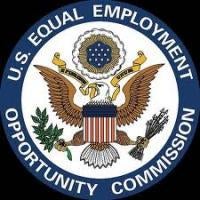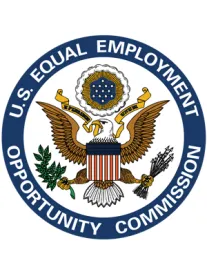ST. LOUIS - A federal judge ruled August 14 that New Prime, Inc., one the nation's largest trucking companies, violated federal law by discriminating against female truck driver applicants when it required that they be trained only by female trainers, the U.S. Equal Employment Opportunity Commission (EEOC) announced today.
The court found that the company, which does business as Prime, engaged in a pattern or practice of discrimination by denying employment opportunities to women through its same-sex trainer policy, according to the ruling in EEOC and Clouse v. New Prime, Inc., No. 6:11-cv-03367 MDH (W.D. Mo.).
In motions filed with the court earlier this year, the EEOC sought to have the court rule that the policy was discriminatory as a matter of law. Prime sought to have the case dismissed on several grounds. The court rejected all of Prime's motions and ruled that the company's policy violated Title VII of the Civil Rights Act of 1964 because it discriminated against women.
Prime adopted its policy in 2003 after it was found in a previous EEOC lawsuit to have violated Title VII based upon the sexual harassment of one of its female driver trainees. In September 2011, based on a discrimination charge filed by Deanna Roberts Clouse, the EEOC filed suit against Prime again. The EEOC charged that Prime's policy of assigning female trainees only to female trainers discriminated against Clouse and all other female applicants for truck driver trainee positions because of their sex. Because Prime had very few female trainers, this practice resulted in female trainees waiting extended periods of time, sometimes up to 18 months, for a female driver to become available, which resulted in most female drivers being denied employment. Male applicants were promptly assigned to male trainers.
"This a resounding success for the EEOC's systemic program," said EEOC General Counsel David Lopez. "I am particularly pleased that the court rejected the procedural issues raised by the defendant in an effort to thwart the court's examination of the important substantive issue of whether the defendant engaged in sex discrimination."
Andrea G. Baran, regional attorney of the EEOC's St. Louis District, said, "While Prime would like to claim it was protecting women, its policy denied employment opportunities to them. Women are entirely capable of understanding and assessing the risks of truck driving. But one of those risks should not be sexual harassment. Employers should prevent sexual harassment through training and strict enforcement of effective anti-harassment policies, not by segregating male and female employees."
EEOC Senior Trial Attorney Dayna Deck added, "Prime has known its policy was a problem since the EEOC sued another trucking copy in 1997 for the same policy. But Prime continued its discriminatory policy until it suspended the policy in March 2013. As the court said in its ruling, the EEOC has 'clearly provided sufficient evidence to justify a potential award of punitive damages.' We look forward to getting remedies for all the women who have been discriminated against."
The case is pending in U.S. District Court for the Western District of Missouri in Springfield, Mo., and will now proceed with determining damages and remedies for the class of women who were harmed by the policy.
According to company information, Prime is one of the nation's largest refrigerated, flatbed and tanker carriers. It is based in Springfield and employs over 2,000 persons. Prime provides truck-freight services to a customer base in Mexico, the United States and Canada.




 />i
/>i

